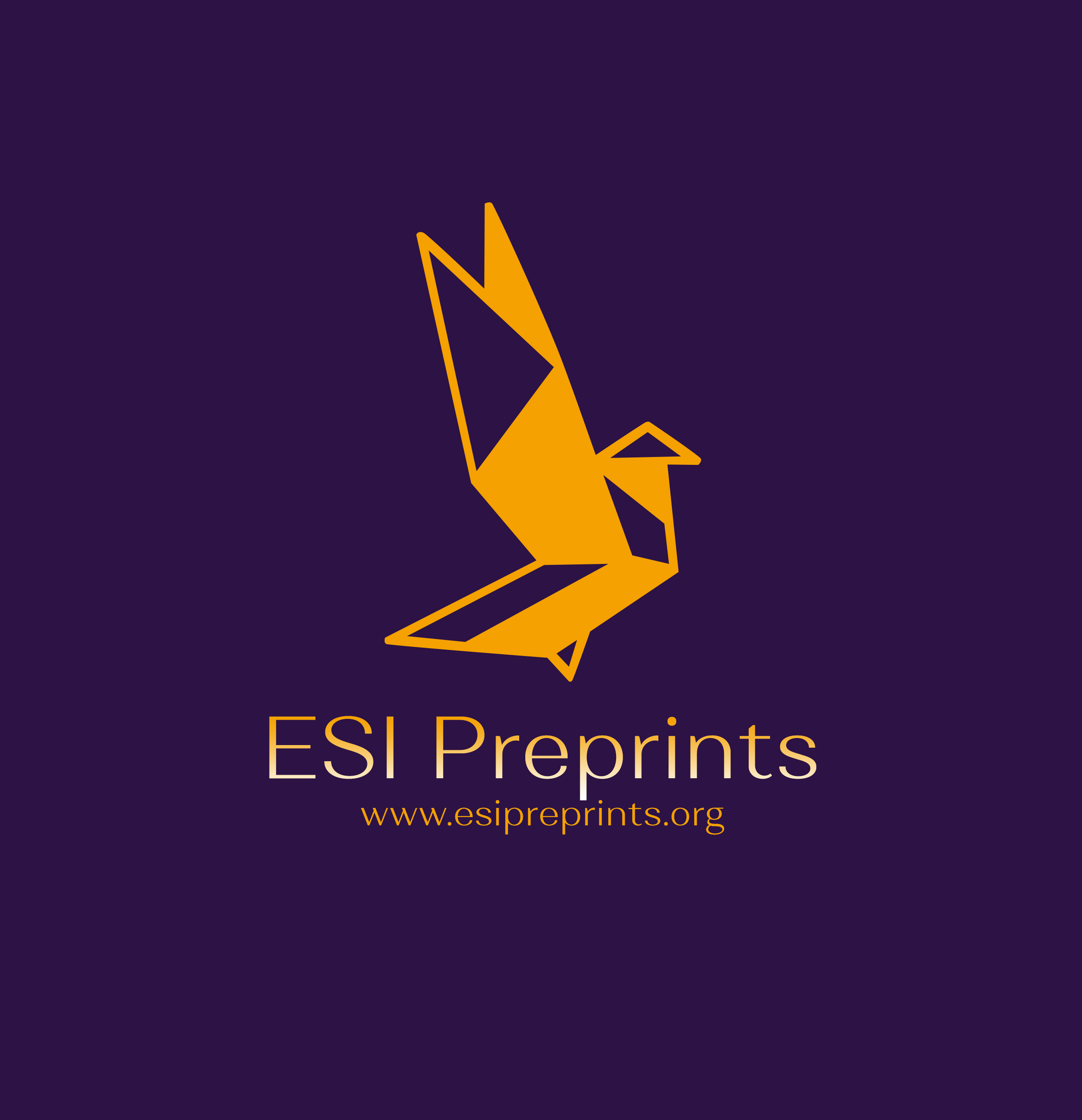Transformative Actions from Learning Assessment: A Cross-Context Typology, Coding Protocol, and Baseline Evidence from a Public University
Abstract
Institutions often collect abundant evidence of student learning yet struggle to translate it into meaningful change. This article addresses that gap by introducing a portable typology and transparent coding protocol for classifying “transformative actions” that emerge from learning assessment and lead to pedagogical, curricular, and student-support improvements. Using qualitative content analysis of records from an online assessment system and institutional dashboards at a large public university in the Caribbean, we compiled and coded 213 documented actions reported by graduate and undergraduate programs during 2022-2025. Nearly half of the actions involved course-level pedagogical modifications (43%), while formal curricular changes were rare (2%). A substantial share lacked sufficient descriptive detail to classify (31%), indicating a documentation challenge that can undermine institutional learning from assessment. We also observed emerging student-led initiatives and meta-assessment practices focused on improving rubrics, calibration, and feedback cycles. Beyond reporting distributions, the article contributes (a) a cross-context typology with coding rules and examples, (b) a reproducible template for program-level reporting and follow-up, and (c) baseline indicators to monitor progress in closing the assessment-to-action loop over time. We discuss implications for moving from compliance to improvement, strengthening the linkage between evidence and decision-making, and scaling effective practices to the curricular level.
Downloads
References
2. Aponte-Alequín, H. A. (2024a). Plan para la Evaluación del Avalúo del Aprendizaje Estudiantil (PLEVAAPES). División de Investigación Institucional y Avalúo. https://academicos.uprrp.edu/diia/avaluo-aprendizaje/efectividad-del-avaluo-del-aprendizaje/
3. Aponte-Alequín, H. A. (2025a). Evaluación de la Efectividad del Avalúo del Aprendizaje en el Recinto de Río Piedras de la Universidad de Puerto Rico (EVEFAAPE). División de Investigación Institucional y Avalúo. https://academicos.uprrp.edu/diia/avaluo-aprendizaje/efectividad-del-avaluo-del-aprendizaje/
4. Aponte-Alequín, H. A. (2025b). Hacia una participación estudiantil activa en el avalúo del aprendizaje en el Recinto de Río Piedras. Al Día con la DIIA, 2(1), 47–48. https://academicos.uprrp.edu/diia/al-dia-con-la-diia-volumen-2-numero-1-junio-2025/
5. Aponte-Alequín, H. A. (2025c). La investigación institucional en avalúo del aprendizaje: Ruta de mejoramiento continuo. Al Día con la DIIA, 2(1), 49–51. https://academicos.uprrp.edu/diia/al-dia-con-la-diia-volumen-2-numero-1-junio-2025/
6. Aponte-Alequín, H. A., & Castrillón-Velandia, O. Y. (2025). Retención estudiantil, acompañamiento académico y avalúo del aprendizaje: Proyecto piloto PUE[N]TE en MECU 3031 (Informe institucional del semestre enero–mayo 2025). División de Investigación Institucional y Avalúo. https://academicos.uprrp.edu/diia/investigacion-institucional/otros-estudios-institucionales-sobre-estudiantes/
7. Baek, C., & Doleck, T. (2021). Educational data mining versus learning analytics: A review of publications from 2015 to 2019. Interactive Learning Environments, 1–23. https://doi.org/10.1080/10494820.2021.1943689
8. Banta, T. W., & Palomba, C. A. (2014). Assessment essentials: Planning, implementing, and improving assessment in higher education. Jossey-Bass.
9. Creswell, J. W., & Creswell, J. D. (2018). Research design: Qualitative, quantitative, and mixed methods approaches (5th ed.). SAGE.
10. Creswell, J. W., & Poth, C. N. (2018). Qualitative inquiry and research design: Choosing among five approaches (4th ed.). SAGE.
11. Ewell, P. T. (2018). The emergence of assessment 3.0. Assessment Update, 30(3), 3–16.
12. Fraile, J., Gil Izquierdo, M., & Medina, E. (2023). The impact of rubrics and scripts on self-regulation, self-efficacy, and performance in collaborative problem-solving tasks. Assessment & Evaluation in Higher Education, 48(8), 1223–1239. https://doi.org/10.1080/02602938.2023.2236335
13. Hutchings, P., Kinzie, J., & Kuh, G. D. (2019). Evidence of student learning: What counts and what matters for improvement. In S. P. Hundley & S. Kahn (Eds.), Trends in assessment: Ideas, opportunities, and issues for higher education (pp. 27–47). Stylus Publishing.
14. Jankowski, N. A. (2017). Moving toward a philosophy of assessment. Assessment Update, 29(3), 10–11. https://doi.org/10.1002/au.30096
15. Jankowski, N. A., Timmer, J. D., Kinzie, J., & Kuh, G. D. (2018). Assessment that matters: Trending toward practices that document authentic student learning. National Institute for Learning Outcomes Assessment (NILOA). https://files.eric.ed.gov/fulltext/ED590514.pdf
16. Jonsson, A., & Svingby, G. (2007). The use of scoring rubrics: Reliability, validity, and educational consequences. Educational Research Review, 2(2), 130–144. https://doi.org/10.1016/j.edurev.2007.05.002
17. Kinzie, J. (2015). Using evidence of student learning to improve higher education. Jossey-Bass.
18. Kuh, G. D., Jankowski, N., Ikenberry, S., & Kinzie, J. (2013). Knowing what students know and can do: The current state of student learning outcomes assessment in U.S. colleges and universities. National Institute for Learning Outcomes Assessment (NILOA). https://www.learningoutcomesassessment.org/documents/2013%20Abridged%20Survey%20Report%20Final.pdf
19. Medina, M. R., & Verdejo, A. L. (2019). Evaluación del aprendizaje estudiantil.
20. Middle States Commission on Higher Education. (2022). Standards for accreditation and requirements of affiliation (14th ed.). https://www.msche.org
21. Montenegro, A., & Jankowski, N. A. (2020). A new decade for assessment: Embedding equity into assessment praxis. National Institute for Learning Outcomes Assessment (NILOA). www.learningoutcomesassessment.org
22. Strauss, A., & Corbin, J. (2015). Basics of qualitative research: Techniques and procedures for developing grounded theory (4th ed.). SAGE.
23. Suskie, L. (2018). Assessing student learning: A common sense guide. Jossey-Bass.
24. Vatterott, C. (2015). Rethinking grading. ASCD.
25. Volkwein, J. F. (2011). Gaining ground: The role of institutional research in assessing student outcomes demonstrating institutional effectiveness. National Institute for Learning Outcomes Assessment (NILOA).
Copyright (c) 2025 Hector A. Aponte-Alequin, Layza N. Frias Rivera

This work is licensed under a Creative Commons Attribution 4.0 International License.








